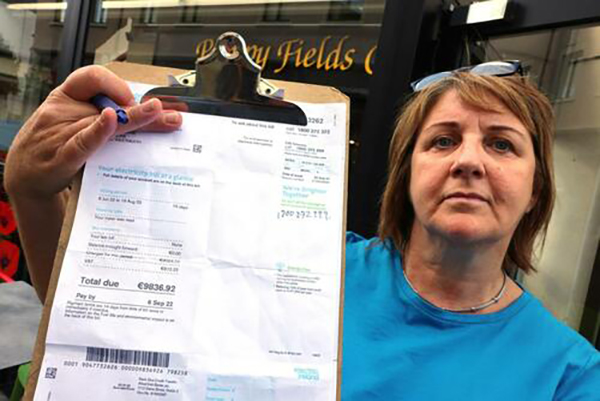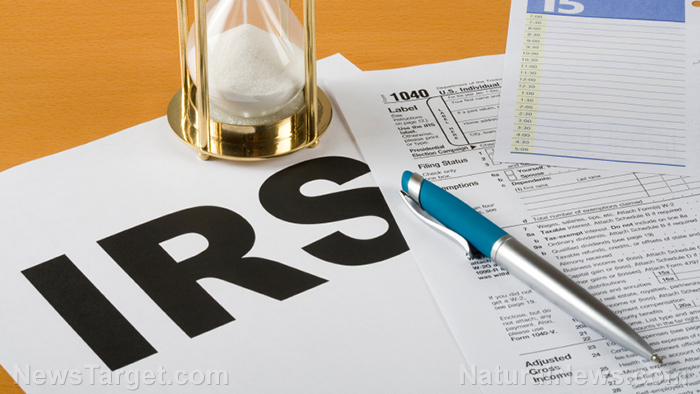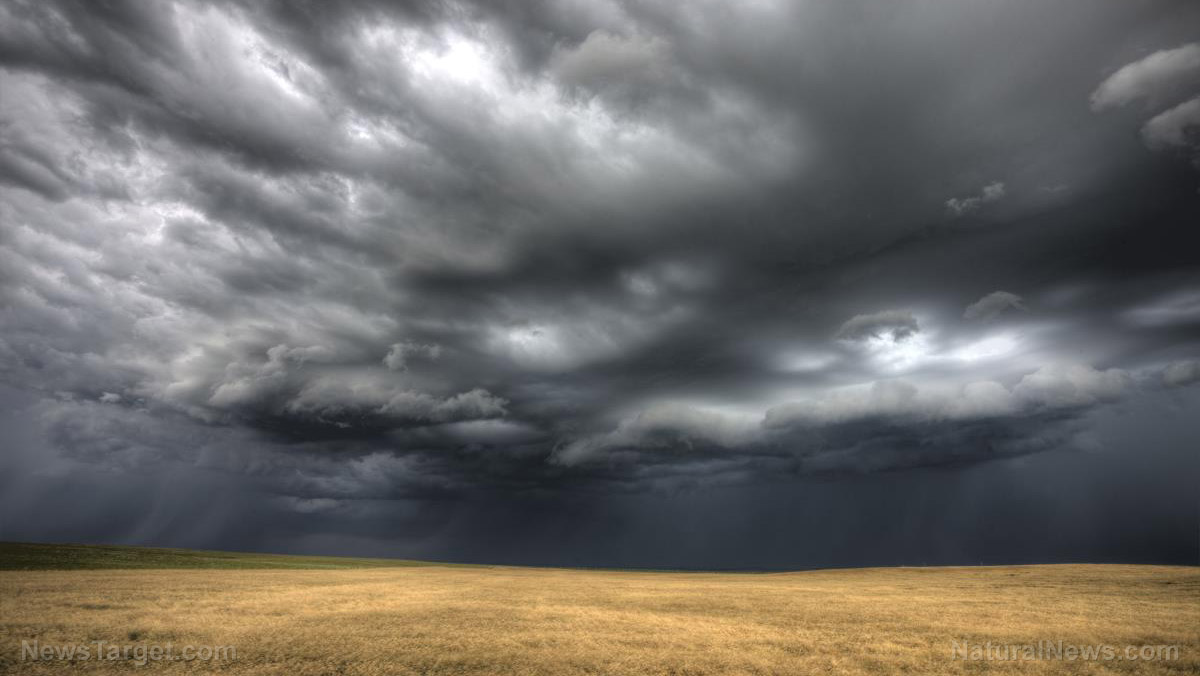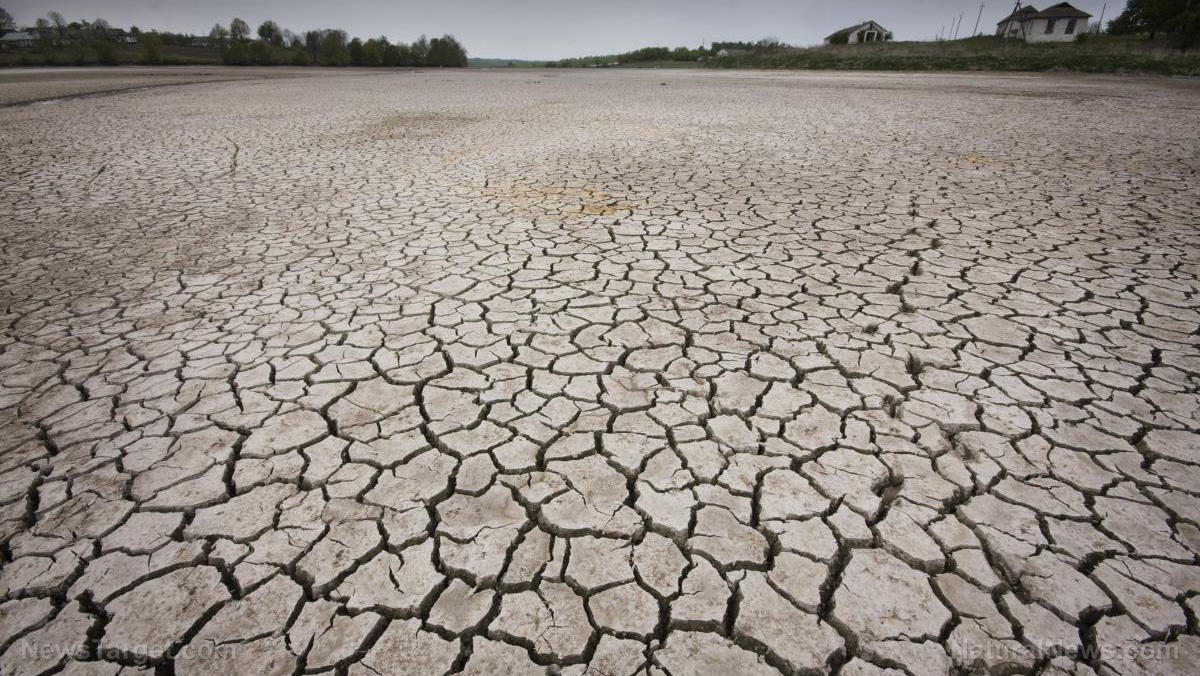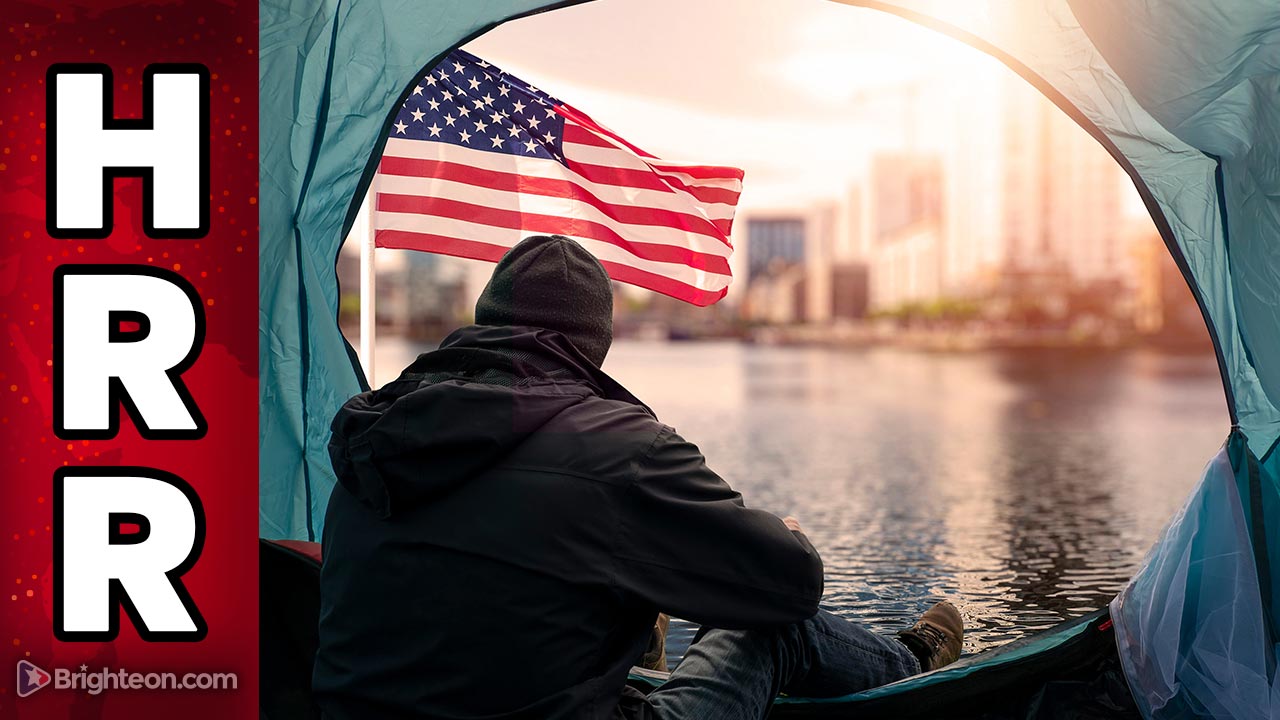Survey reveals that more Americans are worried about their savings due to rising inflation rates
06/30/2022 / By Kevin Hughes
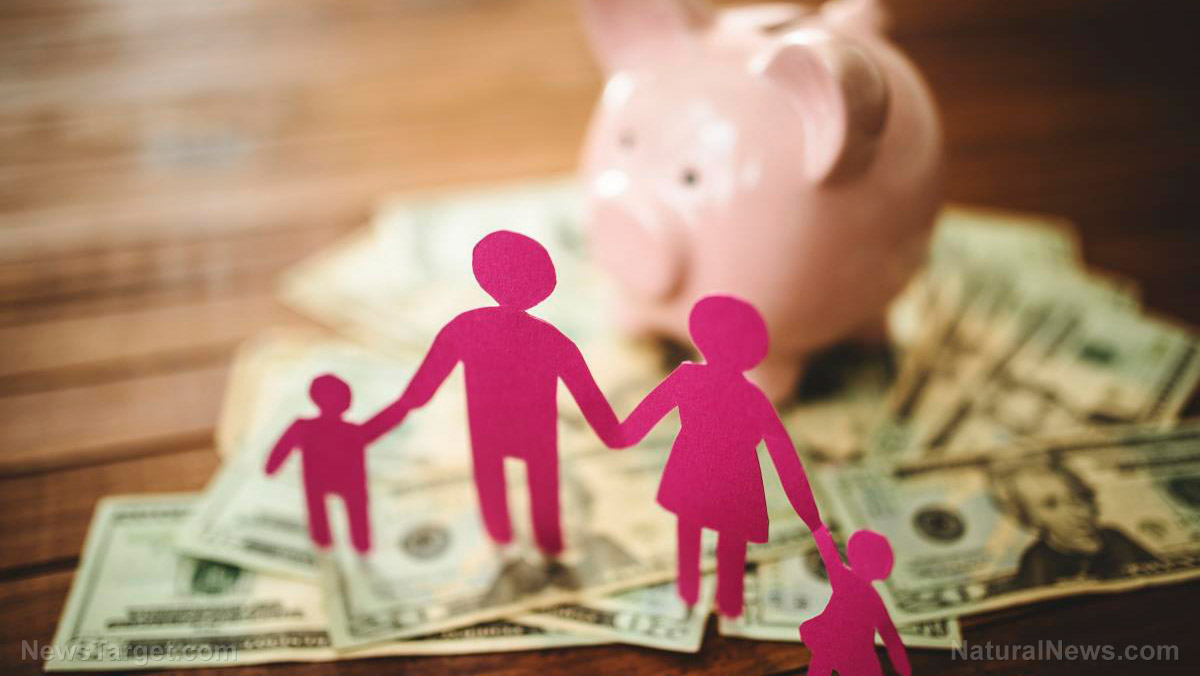
A recent survey revealed that the massive increases in everyday living expenses due to skyrocketing inflation rates are causing Americans to be nervous about their emergency savings.
The June 23 survey conducted by Bankrate found that 58 percent of the 1,025 adult respondents were concerned about the amount they have in emergency savings. This followed a rising trend of adults having that concern – up from 48 percent in 2021 and 44 percent in 2020.
Meanwhile, those who said they were comfortable with their emergency savings dropped to 42 percent compared to 54 percent two years ago.
Another survey, this time by the Breeze insurance agency, found that 88 percent of respondents cut back on spending. Of that amount, 63 percent cut back on consumer spending while 73 percent opted not to dine at restaurants or avail of takeaway food. Fifty-seven percent spent less on groceries; 44 percent spent less on gas; and 54 percent reined in travel-related spending.
It also found that about 35 percent of respondents reined in their payments for credit cards or personal loans. Of this portion, 86 percent expressed worry that this will bury them deeper into debt.
Rising inflation rates force people to dip into savings
When inflation hit its highest in 40 years back in May 2022, the Federal Reserve was forced to raise interest rates in a bid to slow down the economy and control price hikes. A June 14 report from the Bureau of Labor Statistics reflected this rapid increase in prices, with the consumer price index soaring by 8.6 percent in May,
Of the 58 percent of Bankrate survey respondents uncomfortable with their emergency savings, three of four said the amount they saved was insufficient to cover at least three months’ worth of daily expenditures – if not having none at all.

Fifty-nine percent of families with higher annual incomes (those earning more than $100,000) were contented with their savings. Meanwhile, 46 percent of those earning between $50,000 to $99,999 annually were contented with their emergency funds. Moreover, the number of families earning below $50,000 ever year without any savings jumped to 37 percent.
The Breeze survey also reflected a similar sentiment, with 59 percent of survey participants already starting to dip into their emergency savings funds to cover expenses.
“When cash savings start running low, consumers often have no option but to turn to financing vehicles like credit cards, personal loans or buy now, pay later [plans]. Massing consumer debt only adds fuel to the economic fire,” said the insurance firm. (Related: Surveys: Consumers are saving less and acquiring more debts due to inflation)
“Even with fewer households having no emergency savings and 56 percent having the same or more savings than one year ago, the majority of Americans are uncomfortable with the emergency savings they have in 2022, a change from the previous two years,” said Greg McBride, Bankrate chief financial analyst.
McBride added that inflation serves as an indicator that excess savings is being relied upon in a time when price hikes on everyday items outpace wage gains.
“Despite having more savings, comfort level is way down. Inflation being at four-decade highs will erode your comfort level in the buying power of your emergency savings,” he said.
Follow Inflation.news for more news about the rising inflation rate in America.
Watch the video below to know how inflation is destroying the hard-earned savings of Americans.
This video is from the Thrivetime Show channel on Brighteon.com.
More related stories:
Americans are hoarding cash in record numbers, but inflation is causing the value of savings to drop.
Economist: America about to enter next stage of inflation, which will be so much worse.
Biden to provide $140 million to Mozambique while Americans suffer from worsening inflation.
Despite wage increases, the average US worker lost money in 2021 due to soaring inflation.
Sources include:
Submit a correction >>
Tagged Under:
annual incomes, Bubble, chaos, Collapse, consumer price index, consumer spending, debt bomb, debt collapse, econmic collapse, emergency fund, emergency savings, expenses, Inflation, interest rates, money supply, panic, personal savings, risk
This article may contain statements that reflect the opinion of the author
RECENT NEWS & ARTICLES
COPYRIGHT © 2017 COLLAPSE.NEWS
All content posted on this site is protected under Free Speech. Collapse.news is not responsible for content written by contributing authors. The information on this site is provided for educational and entertainment purposes only. It is not intended as a substitute for professional advice of any kind. Collapse.news assumes no responsibility for the use or misuse of this material. All trademarks, registered trademarks and service marks mentioned on this site are the property of their respective owners.






